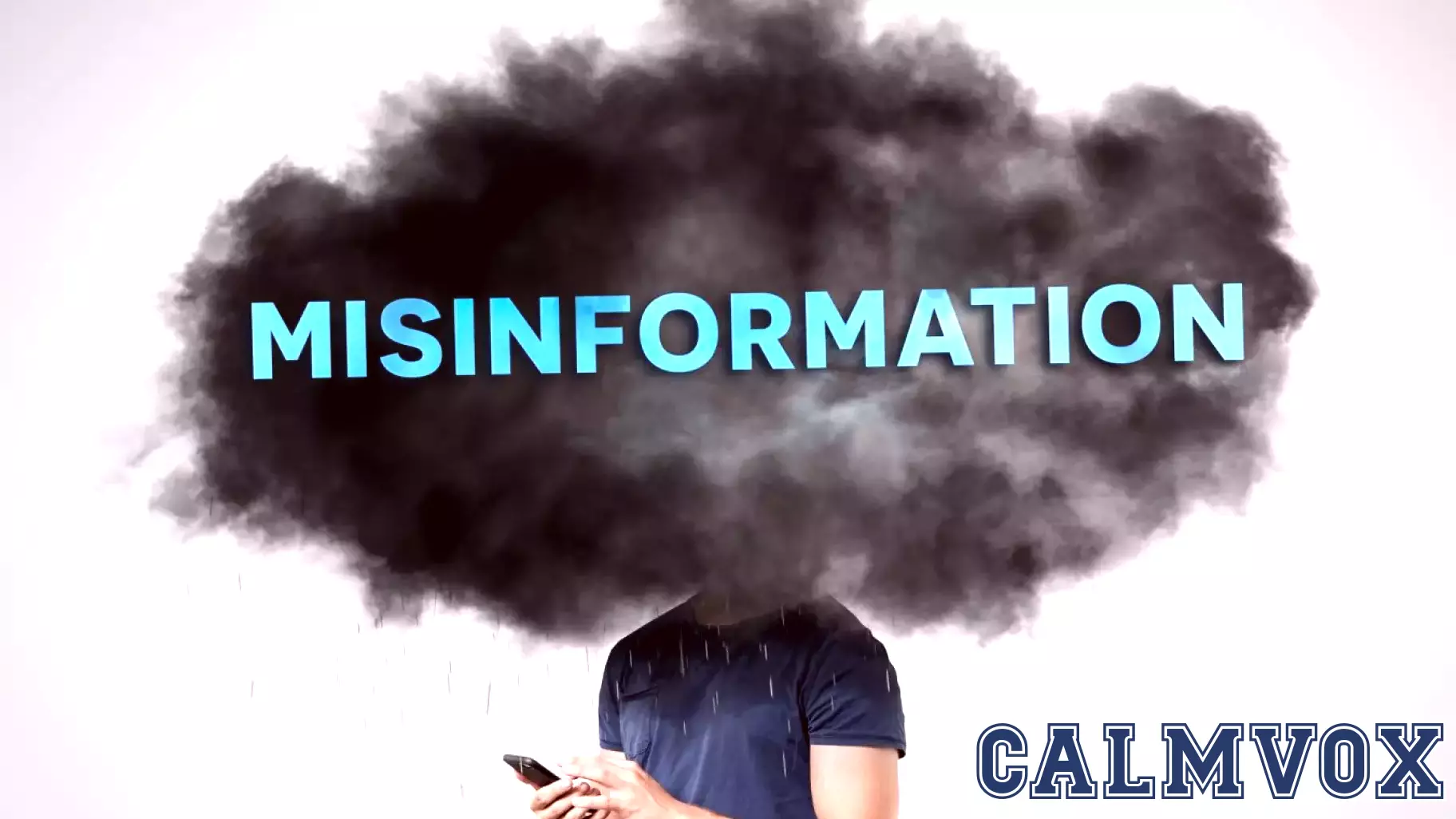The Dangers and Necessities of Questioning Scientific Consensus
March 30, 2025 - 10:40

In an era where misinformation can easily spread, the line between skepticism and denial becomes increasingly blurred. The questioning of scientific consensus, while essential for progress, can also lead to significant dangers. When individuals or groups challenge established scientific findings without substantial evidence, they risk undermining public trust in experts and institutions. This can lead to widespread misconceptions, as seen in various health crises where misinformation has hindered effective responses.
Moreover, the consequences of ignoring scientific consensus can be dire. History has shown that dismissing well-supported scientific views can result in catastrophic outcomes, as exemplified by the ongoing debates surrounding climate change and public health measures. However, healthy skepticism is crucial for scientific advancement, prompting researchers to re-evaluate existing theories and explore new ideas.
Ultimately, the balance between questioning and accepting scientific consensus is vital. It encourages innovation while ensuring that society remains grounded in reliable, evidence-based knowledge.
MORE NEWS

March 1, 2026 - 08:18
New psychology research reveals a vicious cycle involving smartphone use and feelings of disconnectionNew psychology research reveals a troubling daily cycle where smartphone use and feelings of loneliness intensify one another. A study published in the journal Addictive Behaviors provides...

February 28, 2026 - 23:13
AI in, Garbage Out: Is Meta-Analysis in Danger?A cornerstone of modern psychology, the meta-analysis, is facing a novel and significant threat from the proliferation of fake, AI-generated scientific papers. This method, which statistically...

February 28, 2026 - 10:20
Critiquing Israel is not Anti-Semitism: The American Psychological AssociationIn a significant statement, the American Psychological Association has clarified the crucial distinction between criticizing the policies of the Israeli government and antisemitism. This move...

February 27, 2026 - 23:59
Psychology Suggests the U.S. Army Needs to Do More To Battle A New Enemy (Not Russia or China): LonelinessA recent study highlights a growing, non-traditional adversary within the U.S. military ranks: pervasive loneliness. While the Army possesses deep institutional knowledge for building unit cohesion...